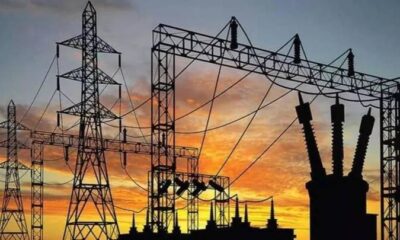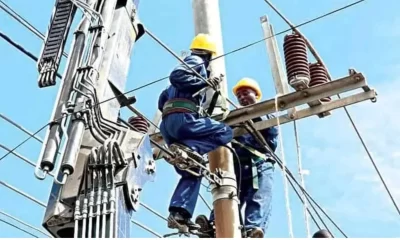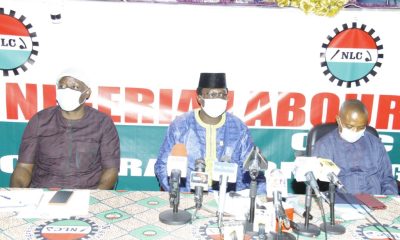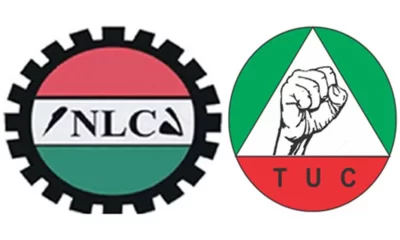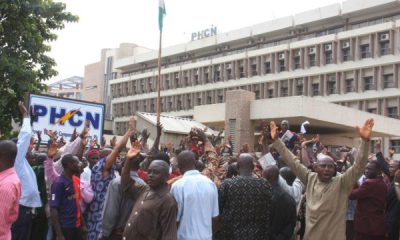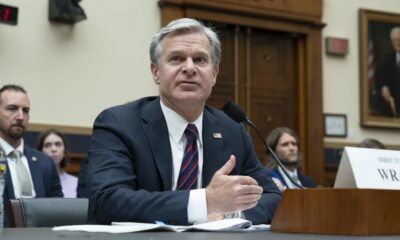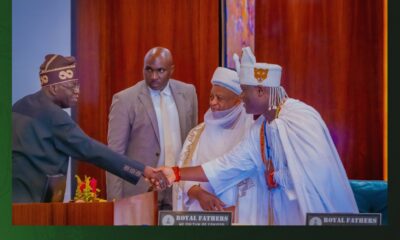NEWS
Electricity tariff hike: FG plans to save N1.5 Trillion
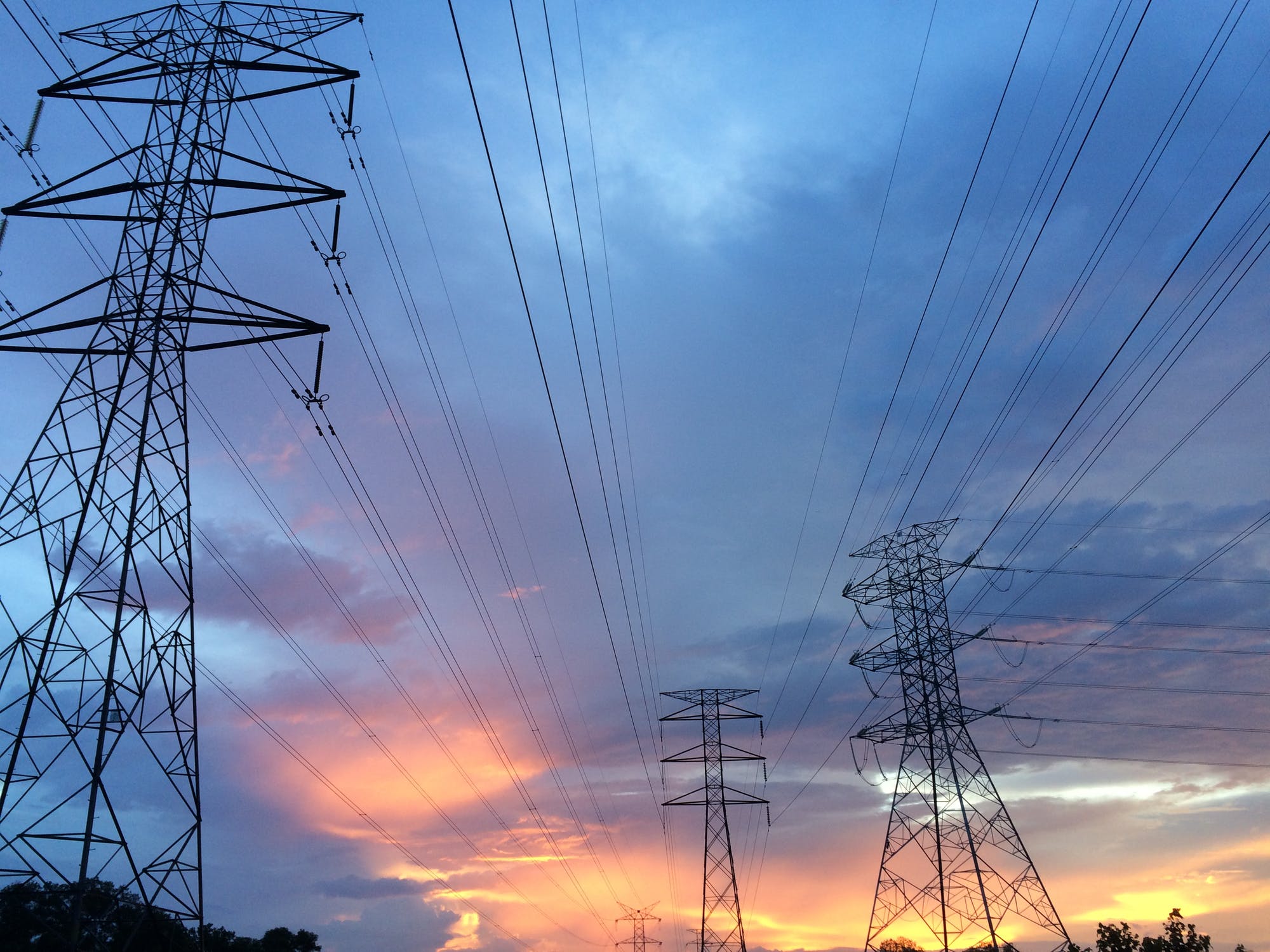
In recent announcements, the Federal Government of Nigeria has unveiled its expectation of substantial savings amounting to N1.5 trillion following the adjustment in electricity tariffs for Band A customers.
The move, directed at fortifying the efficiency and sustainability of the power sector, was disclosed in a statement by Bayo Onanuga, the Special Adviser to the President on Information and Strategy.
According to Onanuga, withdrawing electricity subsidies from 15% of power consumers is projected to yield an annual saving of N1.1 trillion, reflecting the government’s commitment to rationalizing energy subsidies in line with its budgetary allocation of N450 billion for energy subsidies in 2024.
Recent documents from the Federal Ministry of Power have further underscored the significant savings expected from the tariff adjustment, estimated at N1.5 trillion. This adjustment primarily affects Band A consumers and is anticipated to bolster liquidity within the Nigeria Electricity Supply Industry (NESI), thereby fostering sustainable operations.
Under the revised tariff structure, power distribution companies (Discos) will face sanctions for providing less than 20 hours of electricity to Band A consumers, ensuring enhanced service delivery and consumer satisfaction.
Despite encountering opposition from various sectors, including manufacturers and organized labor, voicing concerns over its impact on consumers, the tariff hike remains unchanged. This hike, announced by the Nigeria Electricity Regulatory Commission, entails an increase from N68 to N225 per kilowatt-hour, representing a significant 240% rise.
In a concerted effort to address the metering gap across the nation, the government persists in its commitment. Through the Presidential Meter Initiative, plans are underway to install approximately 2.5 million meters annually, aiming to eradicate estimated billing and ensure transparency in the billing system.
Presently, out of the total 12.82 million registered electricity customers in Nigeria, only about 5.7 million possess meters, leaving over 7.1 million consumers susceptible to estimated billing. The government aims to close this gap within the next three to five years, thereby guaranteeing stable power supply and fostering economic growth and development.

